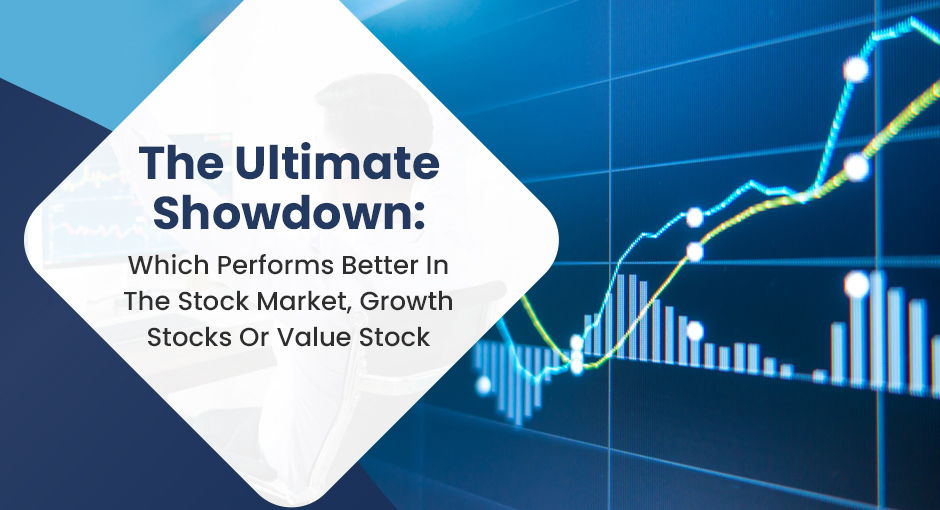
The Ultimate Showdown: Which Performs Better In The Stock Market, Growth Stocks Or Value Stock
The stock market is a complex and ever-changing beast. For the average person, trying to navigate the stock market can be a daunting task. But for those who are willing to take on the challenge, there can be a lot of money to be made.
Thank you for reading this post, don't forget to subscribe!One of the most debated topics in the stock market is whether growth stocks or value stocks perform better. There is no easy answer, as both have their pros and cons. In this blog, we will take a deep dive into both types of stocks to see which one comes out on top.
What are growth stocks?
Growth stocks are stocks that are expected to outperform the market due to the company’s strong growth prospects. These companies are typically young and innovative, and their products or services are in high demand. Investors in growth stocks are looking for capital appreciation rather than dividend income. They are willing to accept a higher level of risk in exchange for the potential of higher returns.
Growth stocks and value stocks generally have different characteristics. Growth stocks are typically more volatile and have higher price-to-earnings ratios than value stocks. Value stocks typically have lower price-to-earnings ratios and pay dividends, while growth stocks typically do not.
There is no guarantee that a growth stock will outperform the market or that a value stock will generate returns through capital appreciation. Many factors, such as the company’s financial condition, management, and industry trends, can impact a stock’s performance.
What are value stocks?
Value stocks are stocks that are undervalued by the market and offer a higher dividend yield than growth stocks.
Value stocks are traded at a price below their intrinsic value. They are typically older, more established companies with a proven track record. Value investors are looking for stocks that they believe are undervalued by the market and have the potential to generate returns through capital appreciation. Investors in value stocks are looking for stability and income rather than capital appreciation. They are willing to accept a lower level of return in exchange for stability and dividend income.
Performance of growth stocks in the stock market
Growth stocks have historically outperformed the market, but they are more volatile and offer a higher level of risk. In the long run, growth stocks have outperformed value stocks by a wide margin. Over the last 30 years, the average annual return for growth stocks has been 12.5%, compared to 8.5% for value stocks. However, growth stocks are much more volatile than value stocks. In any given year, there is a higher chance that growth stocks will underperform the market.
Performance of value stocks in the stock market
Value stocks have historically underperformed the market, but they offer a lower level of risk and are more stable. Over the long run, value stocks have underperformed growth stocks by a wide margin. However, in any given year, there is a higher chance that value stocks will outperform the market.
Why choose one over the other?
The answer to this question depends on your investing goals and appetite for risk. If you are looking for capital appreciation, then growth stocks are the way to go. However, you need to be aware of the higher level of risk involved. If you are looking for stability and dividend income, then value stocks are the way to go. Value stocks offer a higher dividend yield and are more stable than growth stocks.
The verdict: Growth stocks or Value stocks?
There is no one-size-fits-all answer to this question. Both growth stocks and value stocks have their own advantages and disadvantages. If your goal is capital appreciation, then growth stocks may be a better option for you. However, you need to be aware that they also come with a higher level of risk. If you are looking for stability and dividend income, then value stocks may be a better choice. Value stocks typically offer a higher dividend yield and are more stable than growth stocks. If you are looking to invest in stocks, then why not go to the best trading platform in India? As a Goodwill member, you will have access to GIGA, the best trading app in India. Goodwill offers the lowest brokerage charges in India. It doesn’t stop there; you will also get free Demat and Trading Account openings in less than 10 minutes. So hurry, register today and start trading the same day.

